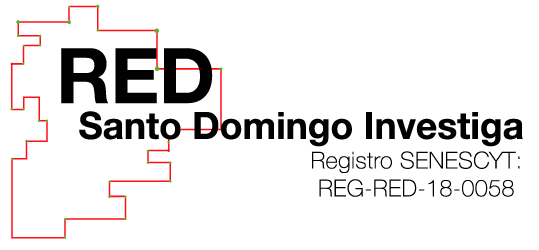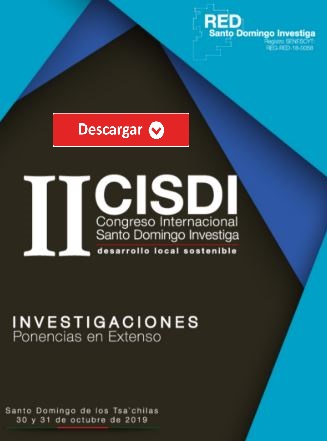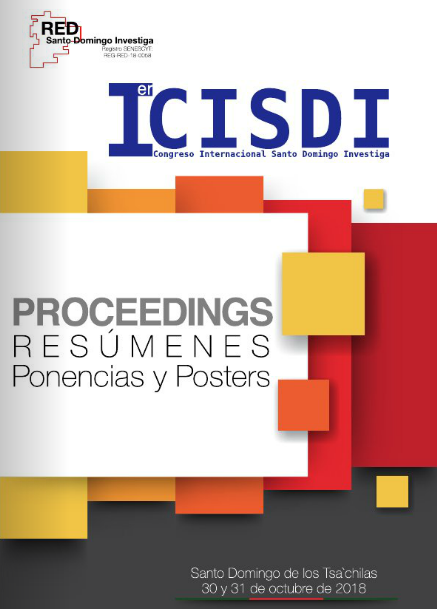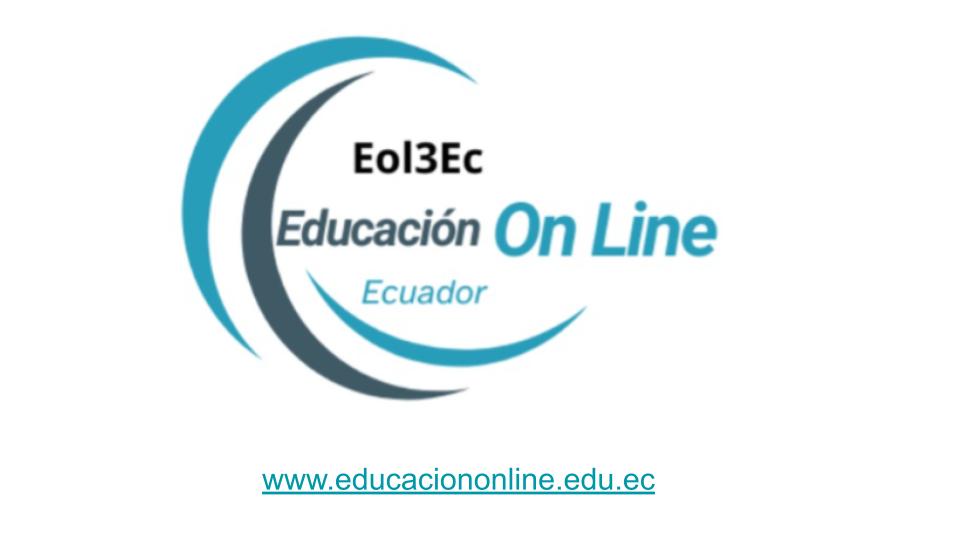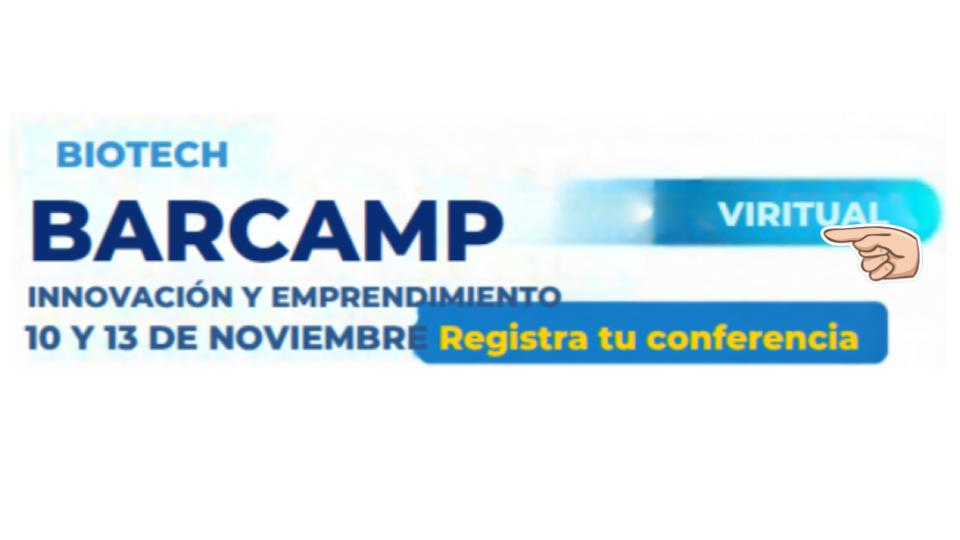Estética intercultural e inclusiva en el aprendizaje de las matemáticas
Intercultural and inclusive aesthetics in mathematics learning
Víctor Hugo Narváez
Instituto Superior Tecnológico Tsachila
Esta dirección de correo electrónico está protegida contra spambots. Necesita activar JavaScript para visualizarla.
Harold Patricio Jaramillo
Unidad Educativa San Pedro de Valle Hermoso
Esta dirección de correo electrónico está protegida contra spambots. Necesita activar JavaScript para visualizarla.
Resumen
Las matemáticas deben pasar de una concepción cultural única a una visión más amplia de la relación entre la enseñanza y el medio social. En este trabajo se realizó una revisión bibliográfica, y mediante un análisis socio critico se generan reflexiones que nos acerquen a la realidad del Ecuador en el contexto intercultural e inclusivo, a través del diálogo activo y participativo de los autores. Los componentes encontrados en la cultura parten del lenguaje como medio para la transmisión del conocimiento y la comunicación. Rescatar la historia y los saberes ancestrales con el diálogo entre padres e hijos, maestros - alumnos es adentrarse en la etnicidad y la identidad que define a una comunidad. La matemática es esencialmente constructiva, por lo tanto, para favorecer su comprensión se parte de nociones elementales y de conceptos primitivos que no se definen, pudiéndose rescatar desde los sitios legados por las culturas antecesoras.
Palabras Clave: Instituto Superior Tecnológico Tsachila, Estética, Intercultural, matemáticas, Saberes ancestrales
Abstract
Mathematics must move from a unique cultural conception to a broader vision of the relationship between teaching and the social environment. In this work a bibliographic review was carried out, and through a socio-critical analysis reflections are generated that bring us closer to the reality of Ecuador in the intercultural and inclusive context, through the active and participatory dialogue of the authors. The components found in the culture start from language as a means for the transmission of knowledge and communication. To rescue history and ancestral knowledge with the dialogue between parents and children, teachers - students is to enter the ethnicity and identity that defines a community. Mathematics is essentially constructive, therefore, to favor its understanding, it is based on elementary notions and primitive concepts that are not defined, being able to rescue from the sites bequeathed by ancestor cultures.
Key Words: Tsachila Institute of Technology, Aesthetics Education, Intercultural, Mathematics Education, Indigenous Knowledge
